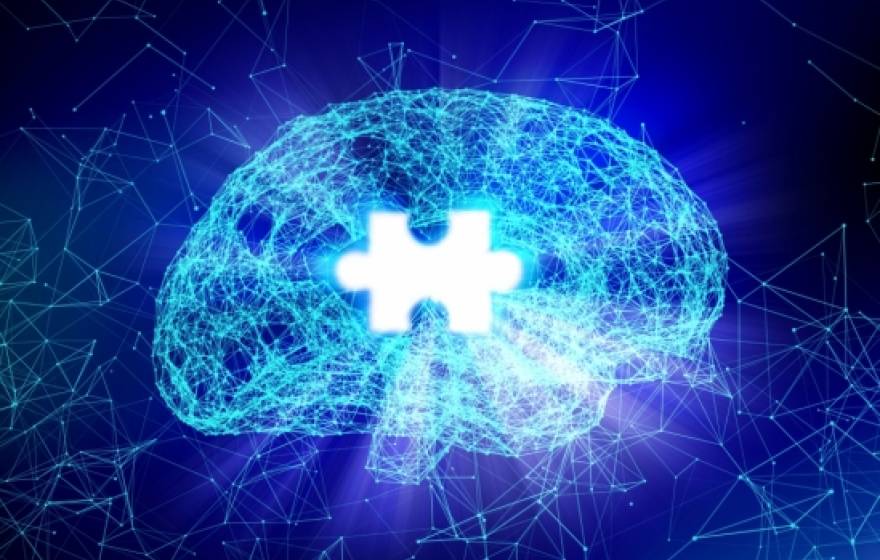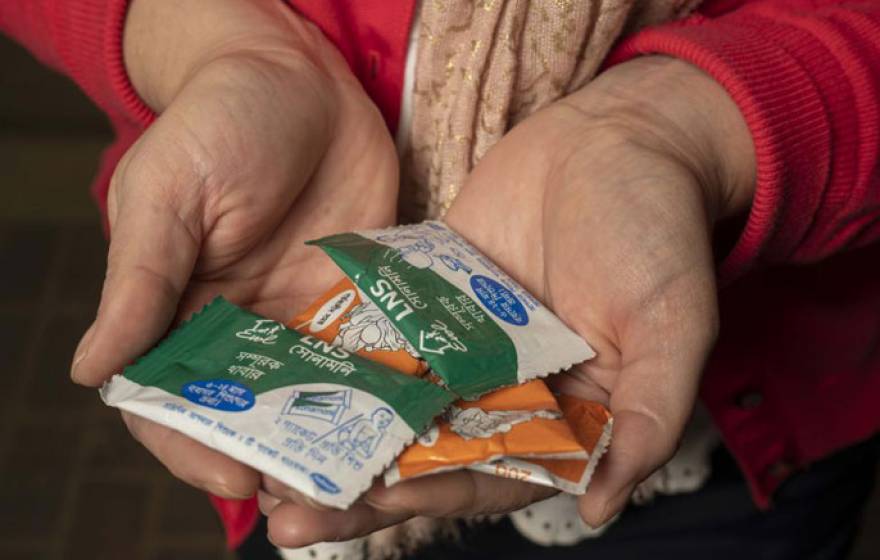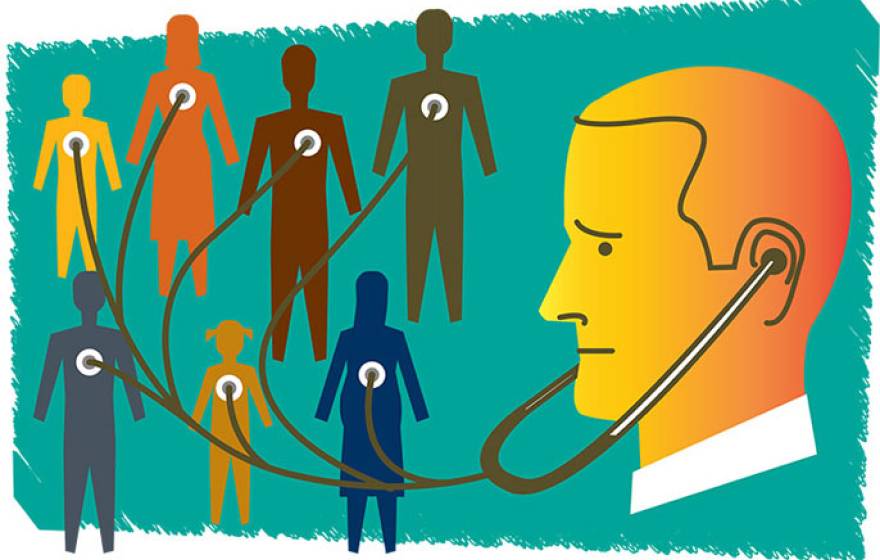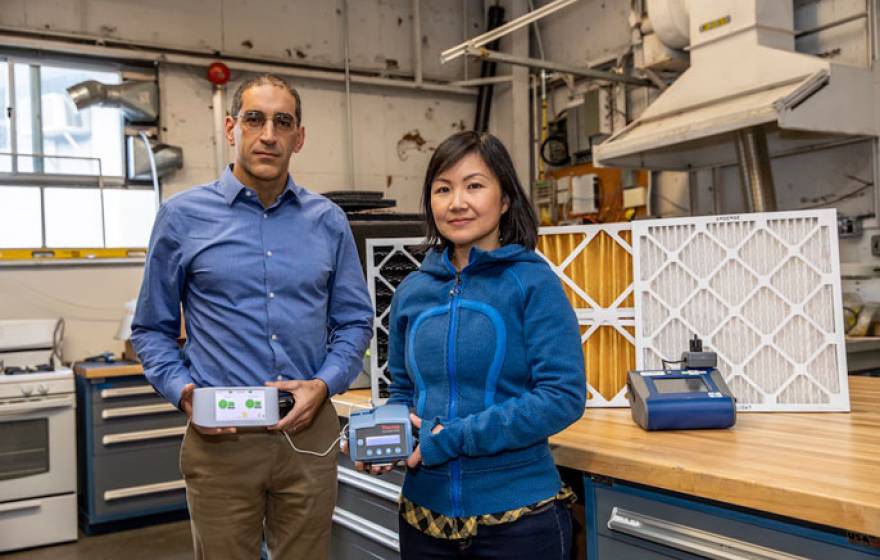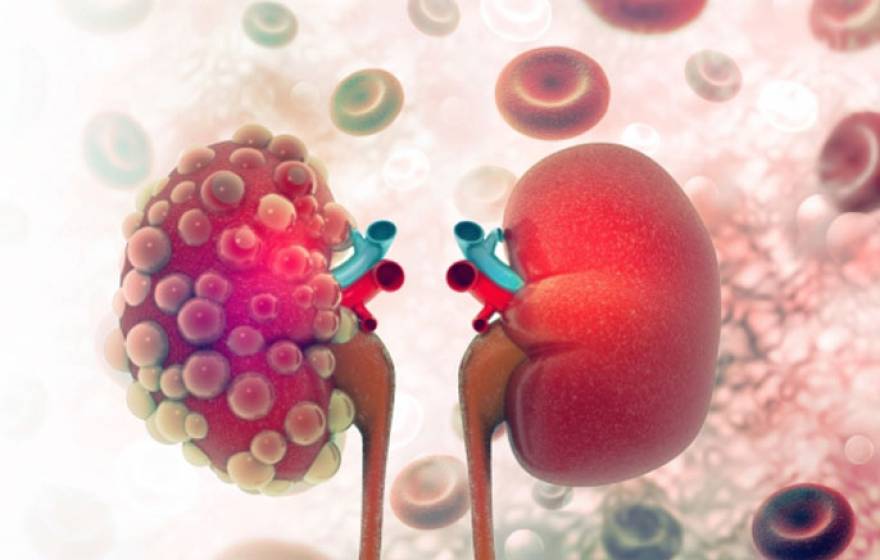One woman’s resistance to genetic, early-onset Alzheimer’s may hold the key to future therapies.
Escaping Alzheimer’s
UC statement on passing of Kaiser CEO Bernard J. Tyson
University of California President Janet Napolitano and UC Health’s Executive Vice President Dr. Carrie Byington issued a statement today (Nov. 10) following the passing of Bernard J. Tyson, CEO and chair of Kaiser Permanente.
Nutritional supplements significantly reduce child deaths
Study finds a 27 percent drop in child mortality in low- and middle-income countries.
Anorexia nervosa comes in all sizes — including plus size
The heart health risks presented by the disorder don't change based on body mass index.
Three University of California physician organizations awarded top marks on quality, patient experience and cost
Three University of California physician groups were honored by the Integrated Healthcare Association with its prestigious ‘Excellence in Healthcare’ award.
UCSF banned sugar-sweetened drink sales. Here's what happened
Nearly 70 percent of participants saw a decrease in waist size, among other positive health effects, in under a year.
Racial bias found in widely used health care prediction algorithm
A new study reveals significant racial bias in a software program that affects access to care for millions of Americans.
Why Congress is moving forward from turning the clocks forward
Dr. Carrie L. Byington takes the reins at UC Health
Dr. Carrie L. Byington started as executive vice president of UC Health today (Oct. 31). The University of California Board of Regents appointed Byington at its July meeting to lead the university’s health enterprise following a nationwide search.
Improving indoor air quality during wildfires
Indoor air scientists explain how to protect homes, schools, and other buildings from air pollution during wildfires.
Creatine powers T cells' fight against cancer
The popular athletic supplement is shown to help immune cells fight cancer in mice.
Reversing polycystic kidney disease
The inherited disorder has long been thought to be irreversible, but changes to diet could provide hope.
